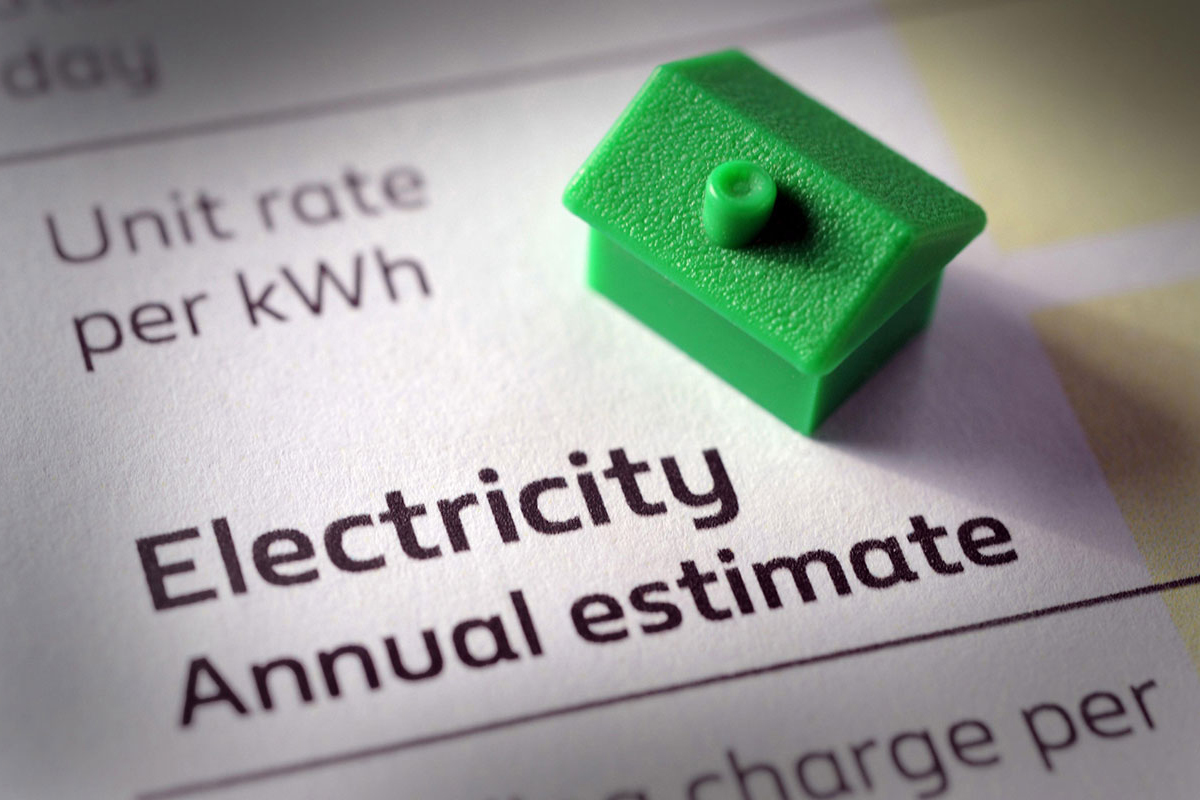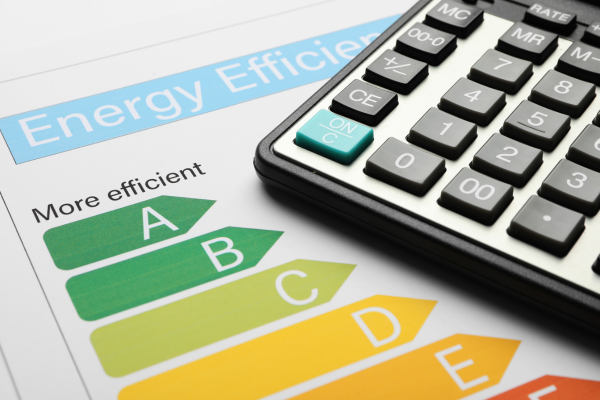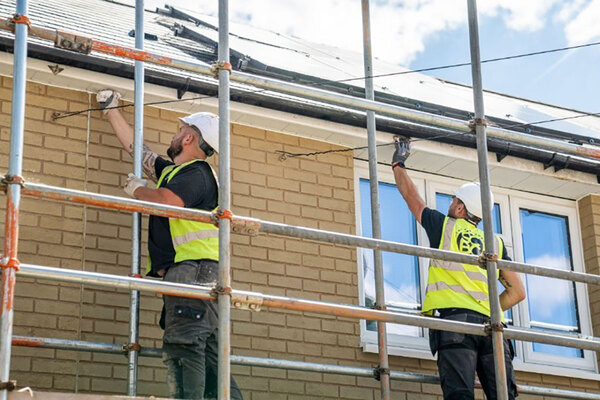How can social landlords best deal with the impact of rising energy prices?
Rising energy prices are prompting social landlords to look at strategies to help tenants cope – but thought also needs to be given to how to address the impact as an organisation. Inside Housing’s webinar, sponsored by Inenco, asked a panel of experts what needs to be considered
A steep increase in wholesale gas and electricity prices is being reflected in increasing energy prices for customers, and that includes social housing organisations.
Dealing with this is likely to be complicated: the cost increase is unavoidable, prices are likely to be high for some time, and tenants themselves are facing rising living costs, with some unlikely to be able to meet higher rents designed to cover social landlords’ increased costs.
So how can social housing providers best deal with the impact of rising energy prices on their own organisations?
This Inside Housing webinar, run in association with Inenco, brought together a small panel to focus on what social housing providers can do to make sure their own activities reduce the impact of what are inevitable price rises.
Key areas discussed were:
- What actions can be taken by social housing organisations to increase their own energy efficiency, and thereby reduce consumption and costs?
- Should organisations be seeking to change energy suppliers?
- Can the sector avoid passing on the costs of increased energy prices to residents?
- Could the rise in energy costs encourage quicker progress on sustainability in social landlords’ own use of energy?
Inside Housing and Inenco webinar: participants
Cecily Church, sustainability manager, The Guinness Partnership
As sustainability manager at The Guinness Partnership, Ms Church’s work spans everything from co-ordinating low-carbon heating and insulation programmes, to trialling new technologies and running energy advice events.
Having worked for environmental consultancy Sustainable Homes, Ms Church has broad experience of sustainability in the social housing sector.
@YourGuinness
Samantha Granger, head of environmental sustainability, Thirteen Group
Ms Granger heads a team of specialists who are driving Thirteen’s plan to reduce its environmental impact. She is leading on the development and delivery of a strategy to decarbonise the organisation’s assets and energy use. This shift is supported by Thirteen’s ‘Take Control’ campaign, with a focus on areas such as tackling fuel poverty.
@Thirteen_Group
Dan Pardesi, head of social housing, Inenco
Mr Pardesi leads Inenco’s social housing team to drive emissions reductions, value for money and compliance. A chartered energy manager with the Energy Institute, he has over a decade’s experience demystifying the business case for sustainability across the public and private sector.
He supports organisations at all levels of sustainability maturity to define and achieve their environmental ambitions.
@Inenco
Laura Summerell, head of procurement, Paradigm Housing Group
Ms Summerell joined Paradigm in January 2020 as a procurement and contracts manager, then becoming responsible for procurement across the business in March 2022.
She is a Chartered Institute of Purchasing and Supply-qualified procurement professional with over 13 years’ purchasing experience and a commitment to securing value for money and driving continuous improvement.
@ParadigmHousing
Sign up for our daily newsletter
Already have an account? Click here to manage your newsletters







